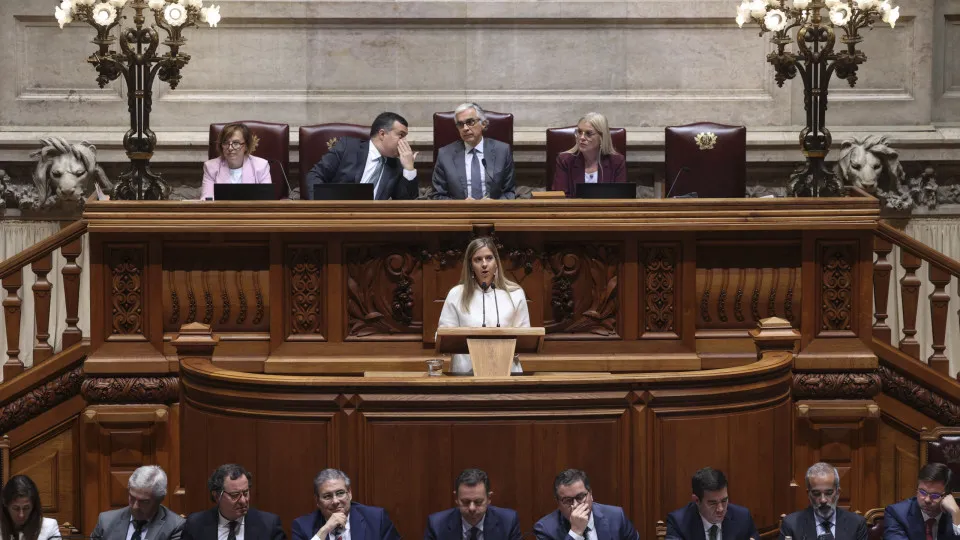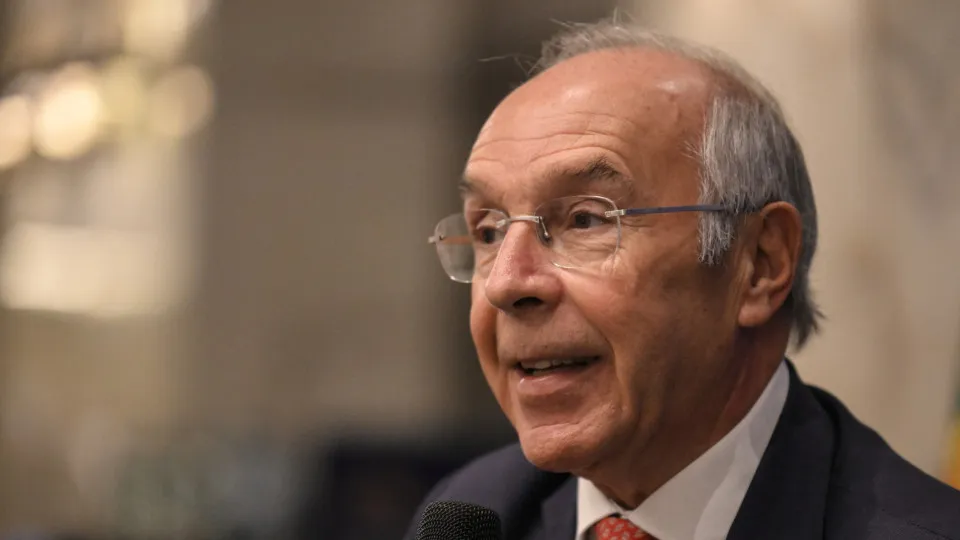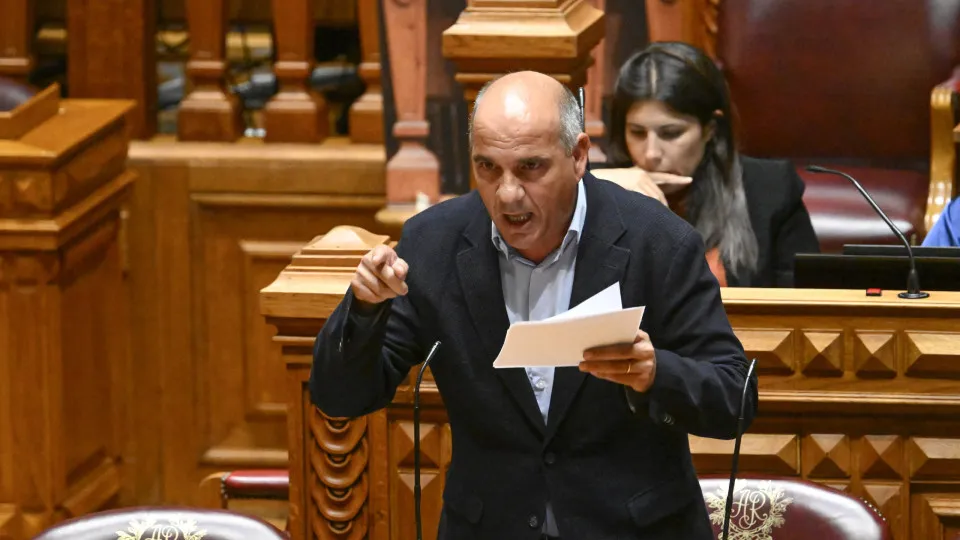
Margarida Balseiro Lopes spoke at the conclusion of the general debate on the State Budget proposal for 2026 (OE2026) in parliament, representing the Government.
“There is something undeniable today: Portugal is better, Portugal is better today than it was a year and a half ago. And we do not assert this out of mere conviction or political rhetoric, we assert it because it is factual,” she argued, referring to the PSD/CDS-PP governance that began in April 2024.
The minister stated that “the results are evident” in economic indicators, employment growth, wage increases, and the reduction of public debt.
“All this translates into a concrete reality: that of a country that has regained confidence, stability, and hope,” she said.
Just minutes before the document was approved in general with the PS’s abstention, the minister referred, without naming the party, to one of the socialists’ main demands for the specialty phase: a permanent increase in lower pensions.
“To be clear: this Budget makes a permanent increase to all pensions. I repeat: to all pensions,” stated Balseiro Lopes, referring to compliance with the existing legal formula.
According to the minister, “the largest increase will be for pensions up to 1,045 euros, which corresponds to 90% of pensions paid in Portugal.
“Pensioners know they can trust the Government,” she said, highlighting that the executive, led by Luís Montenegro, is making the third successive increase in the Solidarity Supplement for the Elderly by an additional 40 euros in 2026.
After the PSD’s closure by the young deputy Ana Gabriela Cabilhas, it was up to the youngest minister of the executive to close the OE2026 debate in general, with Balseiro Lopes highlighting the continuation of measures planned in the Budget for this age group, such as young people’s IRS, exemptions in the purchase of the first house, or public guarantees in housing.
“These are measures with a real impact, already changing the lives of thousands of young people. But more than that, they represent a new way of governing: with predictability, confidence, and investment in people. Because believing in young people is believing in Portugal,” she said.
Margarida Balseiro Lopes repeatedly used the expression “believe” — the title of the first strategy motion with which Luís Montenegro was elected president of the PSD in 2022 — to also leave a challenge to the opposition.
“We believe. We believe in the Portuguese, we believe in Portugal. It remains to be seen if the oppositions also believe. Because we believe, above all, in the future we are building together,” she said.
The minister considered that the document reflects “a vision” and “a direction for the country,” which was endorsed multiple times in elections.
“What legitimizes this path is not just the Government’s conviction but the trust of the Portuguese, expressed unequivocally at the polls and on the street: Portugal chose stability, responsibility, and progress. And this Budget is the realization of that mandate,” she emphasized.
Margarida Balseiro Lopes stressed that the Budget does not ignore “the country’s difficulties” nor the “time of international uncertainty, economic pressures, and rapid changes that test the adaptability of everyone — families, businesses, and the State itself.”
“We live in demanding times, where each decision must be made with prudence but also with courage. And that is precisely the hallmark of this Government: not to give in to fear or hesitation but to respond with confidence, responsibility, and vision,” she stated.
As the Prime Minister has done, the Minister of Culture claimed that, in recent months, the country has regained stability, which she pointed out as “the pillar of external credibility and internal cohesion,” and which has resulted in more growth and social justice.
“And that is what this Budget does: it transforms growth into well-being, stability into opportunity, and prudence into confidence,” she said, again defending that the document does not increase “a single tax.”
At the conclusion of the budgetary debate, Balseiro Lopes also emphasized the essential role of Culture as “a prerequisite for any reformist project”
“Investing in Culture is, therefore, investing in Portugal. And that is precisely what this Budget does,” she considered.
[Updated at 7:15 PM]




